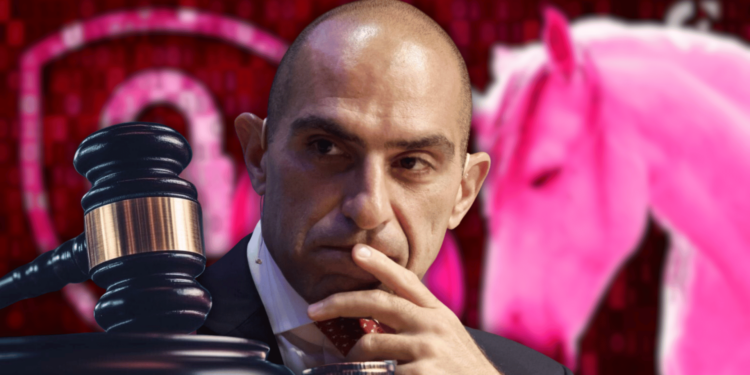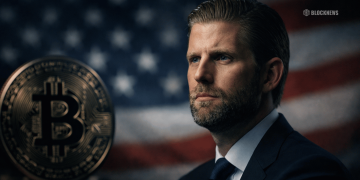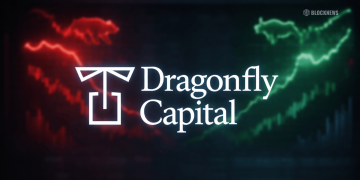- The United States Commodity Futures Trading Commission (CFTC) charged Uniswap Labs with illegally offering leveraged cryptocurrency trading to US retail investors
- Uniswap Labs agreed to pay a $175,000 civil penalty and cease violating the Commodity Exchange Act (CEA)
- One CFTC commissioner dissented, accusing the CFTC of “regulation by enforcement” instead of providing clear guidance
The United States Commodity Futures Trading Commission (CFTC) has charged decentralized exchange (DEX) developer Uniswap Labs with illegally offering leveraged cryptocurrency trading to U.S. retail investors. The allegations highlight the regulatory uncertainty surrounding decentralized finance (DeFi) protocols.
Background on Uniswap
Uniswap is one of the most popular DeFi protocols, facilitating token swaps on more than a dozen blockchain networks. As of Sept 4, Uniswap had upwards of $43 billion in total value locked (TVL), according to DefiLlama. The protocol allows users to provide liquidity and earn fees by adding tokens to public liquidity pools.
Details of CFTC Charges
The CFTC said Uniswap Labs agreed to settle the charges by adhering to an order requiring the DeFi developer to pay a $175,000 civil penalty and cease violating the Commodity Exchange Act (CEA).
Among the hundreds of liquidity pools on the protocol were a limited number of leveraged tokens that qualify as “leveraged or margined commodity transactions” under the CFTC’s jurisdiction, the agency said. Those tokens include BTC2XFLI and ETH2XFLI, which provide leveraged exposure to Bitcoin and Ethereum.
Ian McGinley, the CFTC’s director of enforcement, said in a statement: “DeFi operators must be vigilant to ensure that transactions comply with the law.”
Dissent Within CFTC
Summer Mersinger, one of the CFTC’s five commissioners, objected to the CFTC’s handling of the enforcement action. She criticized the agency for what she described as “regulation through enforcement” instead of providing clear guidance.
Mersinger said it was her “hope that one day soon the Commission would consider rulemaking or at the very least guidance making clear how DeFi protocols could comply with them.” She added: “Unfortunately today is not that day.”
Uncertainty Around Crypto Regulation
The order highlights the complex regulatory issues surrounding crypto assets and DeFi protocols. While the CFTC oversees derivatives, the SEC claims authority over most digital asset securities.
Regulators have struggled to provide clear guidance on how existing rules apply to cryptocurrencies and decent














